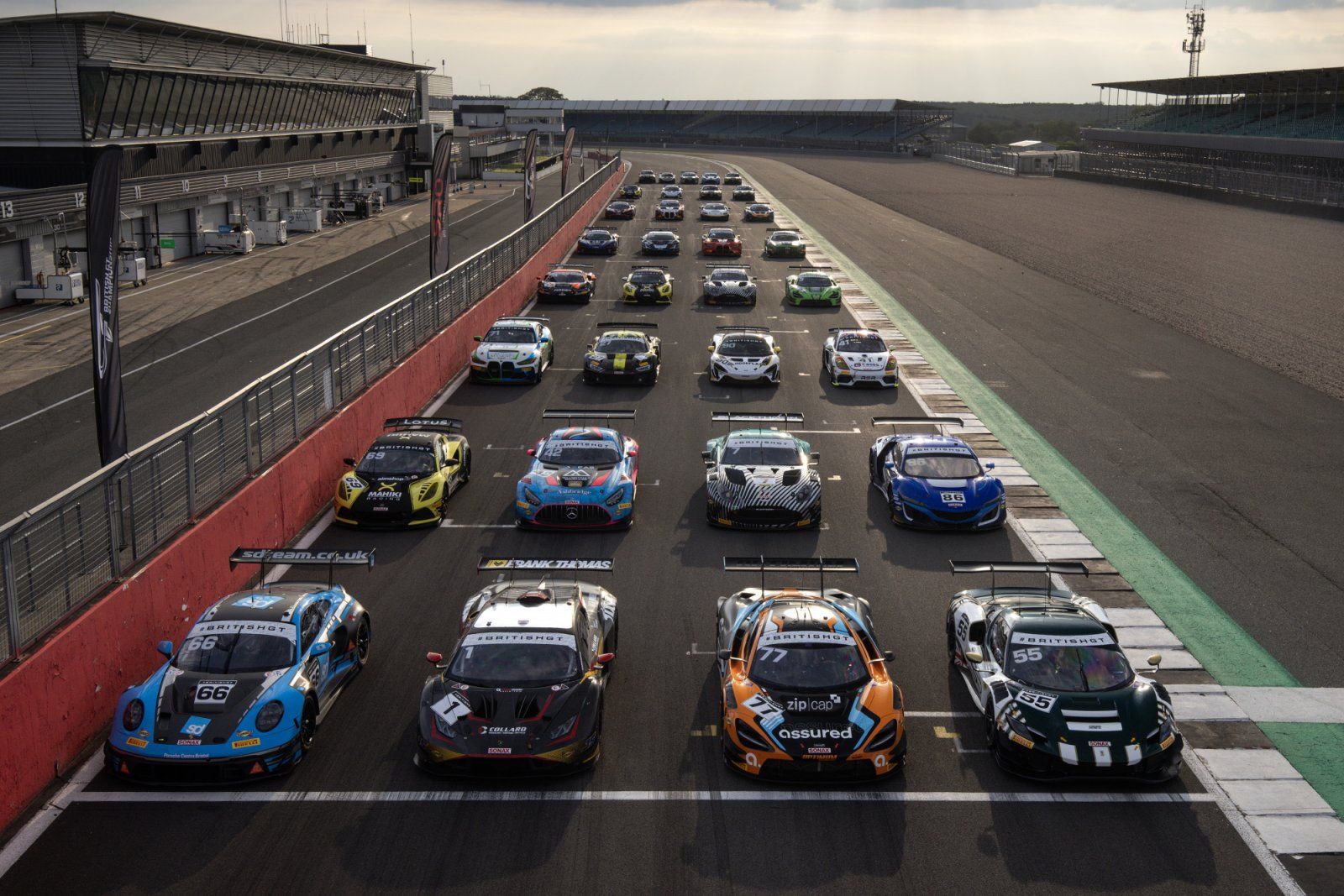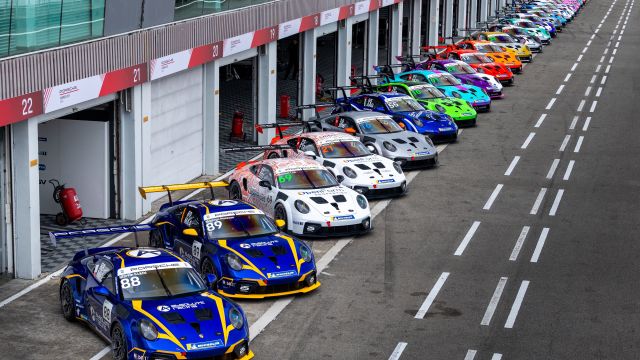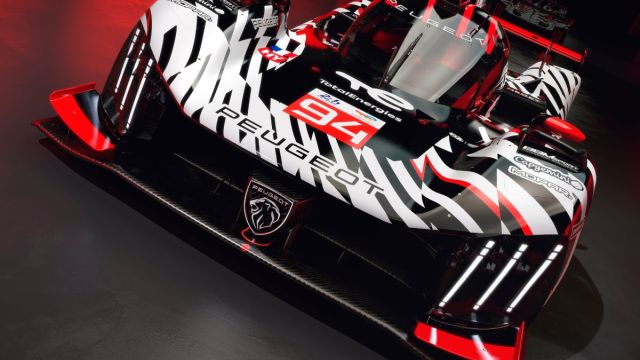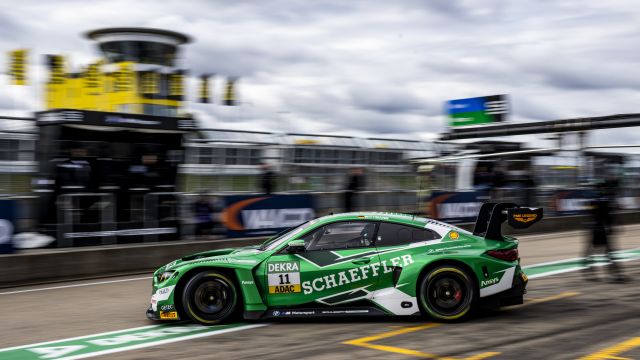British GT organisers confirm race formats and sporting evolutions ahead of 2026
SRO Motorsports Group will introduce several cost-saving measures and sporting evolutions to the British GT Championship next season after also applying the finishing touches to its 2026 calendar.
When taken as a whole, these changes are designed to restore the number of cars Britain’s premier sportscar series has enjoyed in recent years. The entry process opens on December 1 and is again capped at 34 cars.
Durations for all events have now been confirmed. The races at Donington and Spa-Francorchamps – where British GT’s grid joins FFSA GT for the first time – both last two hours, while media day again takes place at Silverstone on March 31. The rest of the eight-race calendar remains per the version issued on July 2.
The four refuelling races at Silverstone, Spa, Donington and – for the first time – Brands Hatch will comprise GT4’s ‘championship within a championship’ Endurance Cup campaign, which is returning for a second season.
A desire to cut costs where appropriate was the driving force behind reducing Spa’s duration from three hours to two. The same rationale was also applied when moving from seven events to six.
However, and following extensive team consultation, organisers have also introduced several sporting evolutions – primarily to the class structure – that will appeal to drivers of all ages and gradings.
The most significant update concerns GT4’s Silver class. These crews will no longer carry any additional ballast during races, while the extra pitstop time handicap has been removed. Instead, the Pro-Am and Silver classes will be balanced by the latter’s longer Pitstop Compensation Time, which is only applied to the previous race’s overall podium finishers.
Similarly longer Compensation Time, as well as an additional 25kg, will be applied to GT3 Pro-Am or Silver-Am crews that include a ‘Bronze Plus’ driver. The nature of customer GT racing has evolved significantly over the last decade, but maintaining a balanced environment that allows amateurs of varying ability and age to compete equally remains a vital component of the sport. British GT is therefore taking proactive action by introducing a two-tier grading system that accounts for the influx of younger or experienced FIA Bronze-graded drivers.
Drivers may be categorised as Bronze Plus if they satisfy one or more of SRO’s extensive criteria. It will typically apply, but is not limited, to Bronze drivers aged under 40. Other considerations include whether their current status is set to provisional by the FIA grading committee, they have raced extensively in their twenties, or have been recently downgraded from Silver. Potential Bronze Plus candidates may appeal to a new SRO Teams Committee that comprises several of British GT’s long-standing entrants.
Lauren Granville, British GT Championship Manager: “The ideas we’re implementing ahead of 2026 stem from extensive consultation with our existing teams up and down the paddock. During that process it became very apparent that some sweeping changes designed to help one class can impact negatively on another, so we’ve had to think very carefully about where problems originate and how best to solve them. The result is marginal gains over shock tactics, which I am confident will help restore the level of participation British GT has been accustomed to in recent years. Initial feedback has certainly been positive and I am quietly confident of what next year will bring.”
The championship’s blue riband Silverstone 500 – the only three-hour race of 2026 – kicks off Season 34 on April 25/26.
Updated 2026 British GT Championship calendar
31 March – Media Day – Silverstone GP
25/26 April – Silverstone 500* – 1x 3-hour
23 & 25 May – Oulton Park – 2x 1-hour
20/21 June – Spa-Francorchamps* – 1x 2-hour
15/16 August – Snetterton – 2x 1-hour
5/6 September – Donington Park* – 1x 2-hour
26/27 September – Brands Hatch* – 1x 2-hour
*GT4 Endurance Cup events






Comments
Log in to comment the article